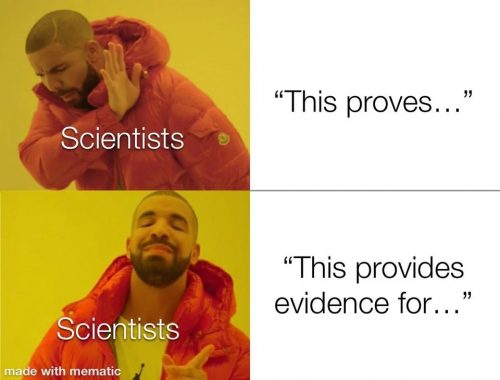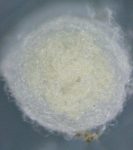Aaargh, neglecting the blog again. My big distraction today: as always happens, I looked over last year’s notes and grumped at myself and said this will not do, this is totally inadequate, I need to rewrite the whole thing. The plan for tomorrow was to talk about the pentose phosphate pathway AKA the hexose monophosphate shunt AKA the phosphogluconate pathway because this stuff is important and, weirdly, our textbook doesn’t even mention it, so I can’t even punt and tell the students to go away, don’t bother me, just read Chapter X. As is common in cell bio, all we talk about is how we burn sugar to make ATP, and very little about essential anabolic reactions. And that bothers me.
The PPP is cool beans, too, so I rewrote the lecture from the ground up to cover more of the details, expanding what used to be a short aside into the whole dang talk, and I’m probably going to terrify them all with a peek into more advanced biochemistry (this is a class for 2nd year students, so it’s introductory level) and the way all of biochemistry is tangled and intertwined, but hey, they’re smart students. They can take it.
Unfortunately, it’s stuff that isn’t going to entertain a more general audience, unless you think filling in the details on this introductory slide would get you excited.
Man, I was so into biochemistry as an undergrad, and then I got distracted by neuroscience and development. I need to begin a second lifetime so I can catch up.
Now I have to finish grading, which is far less enthralling.










